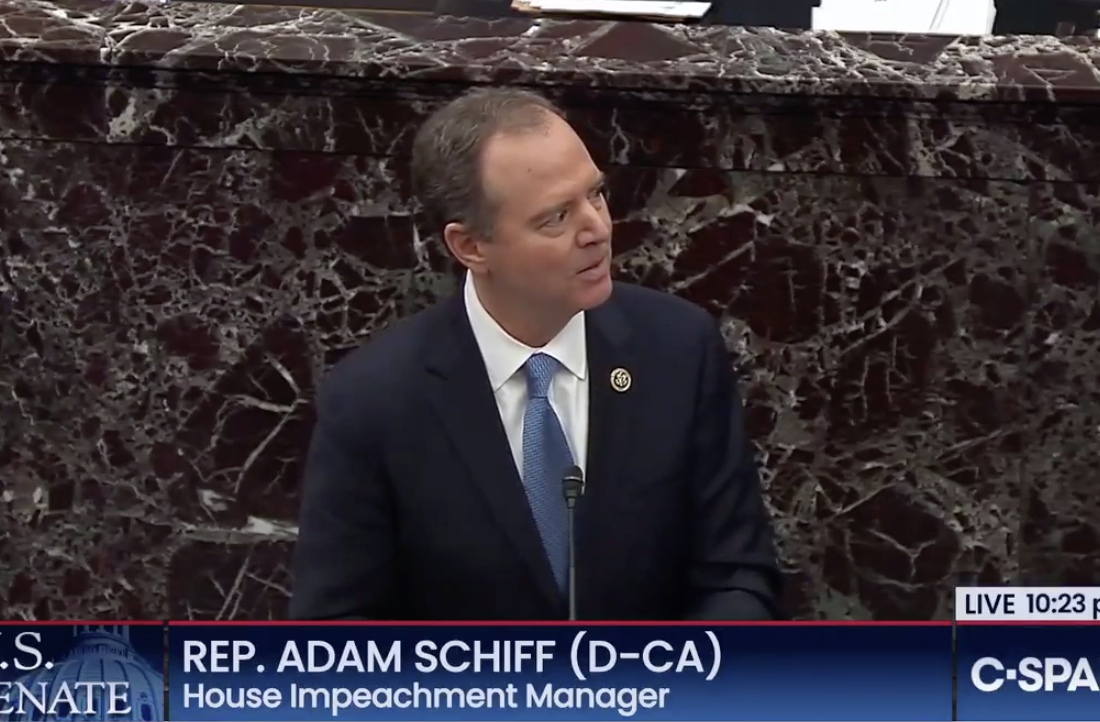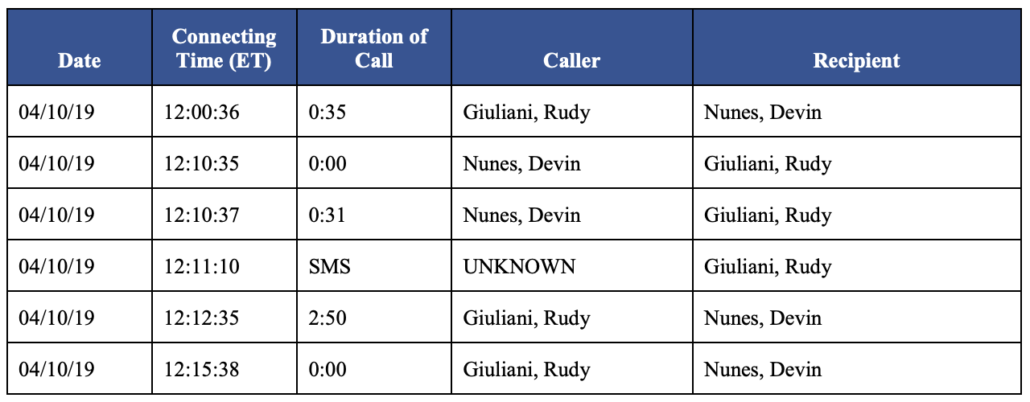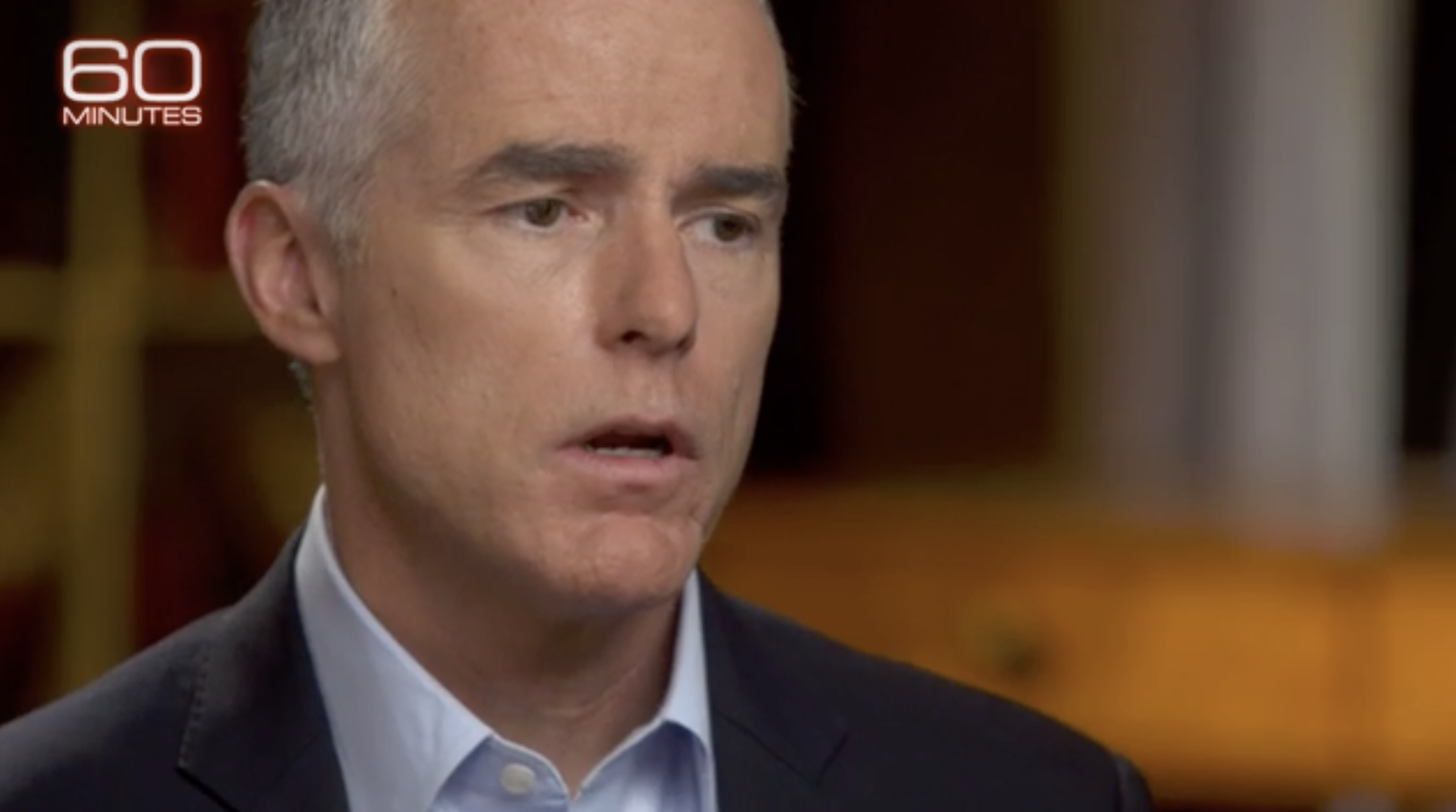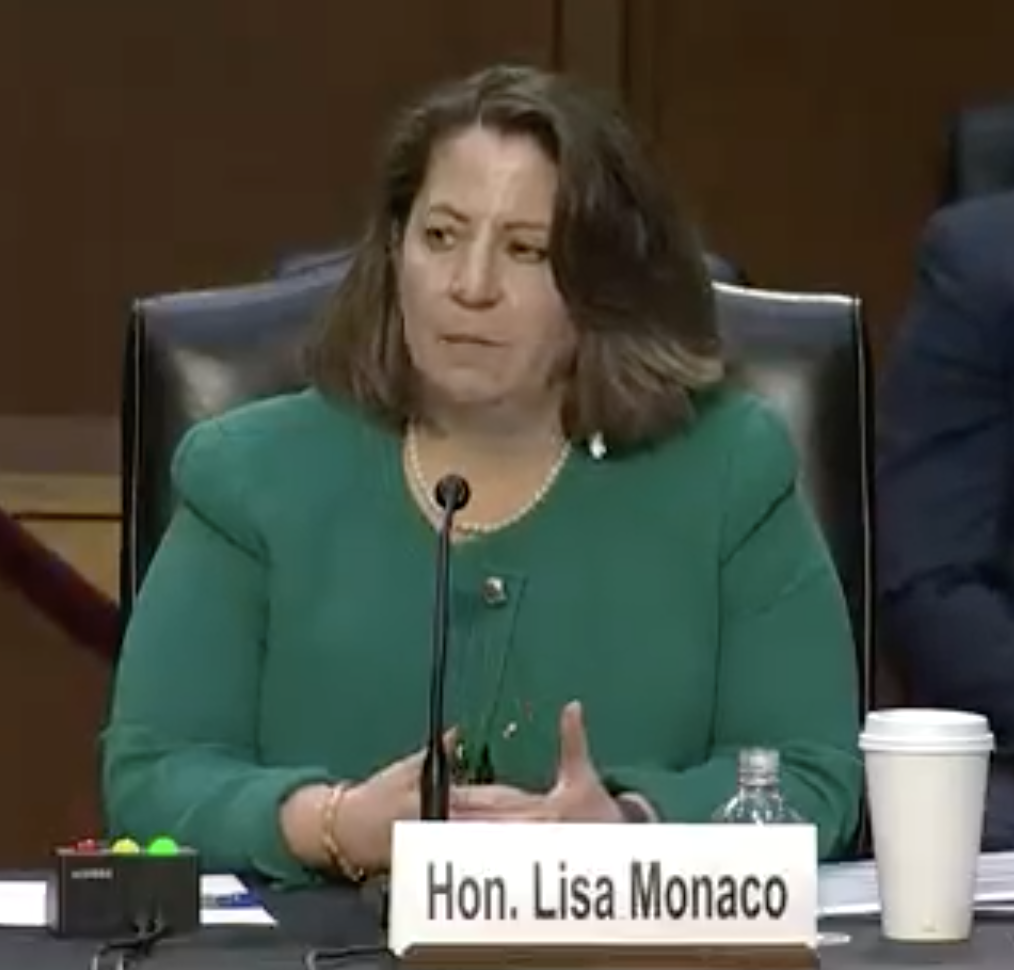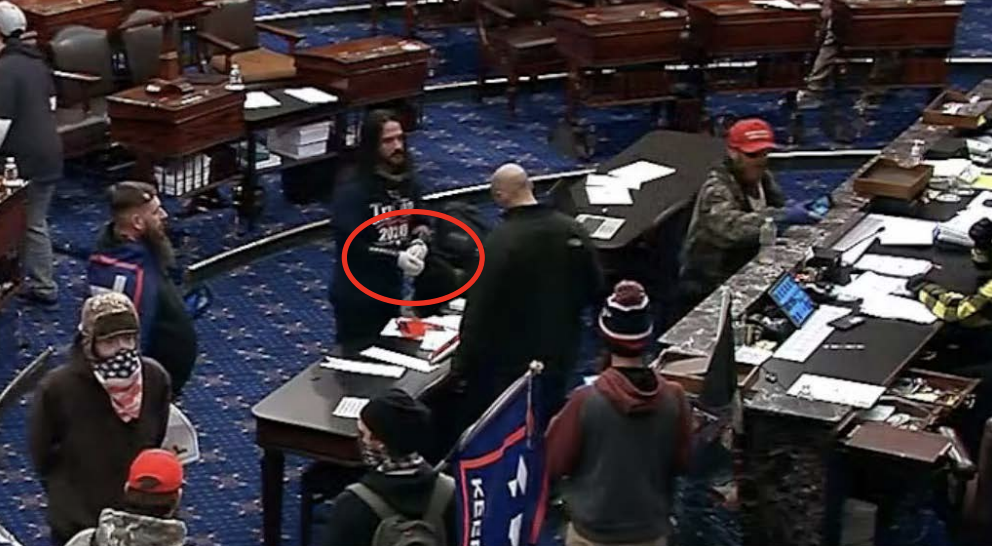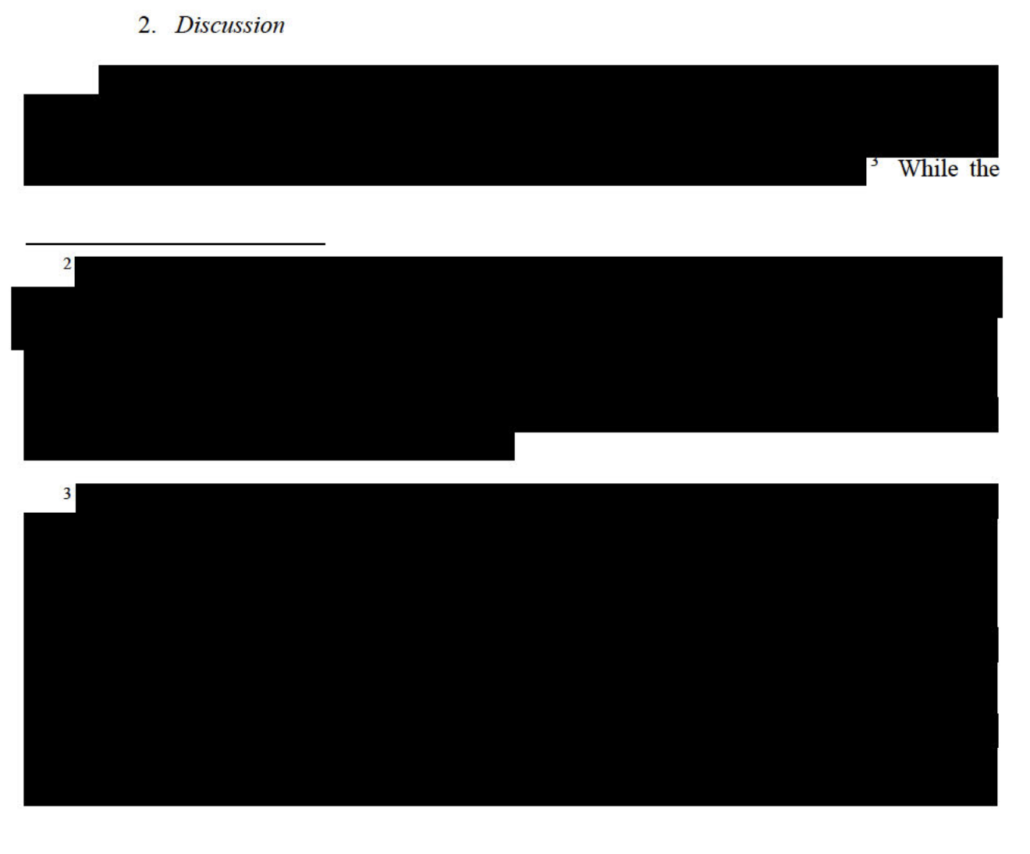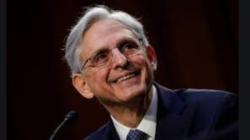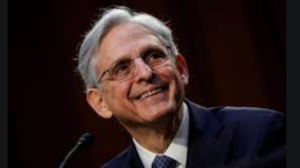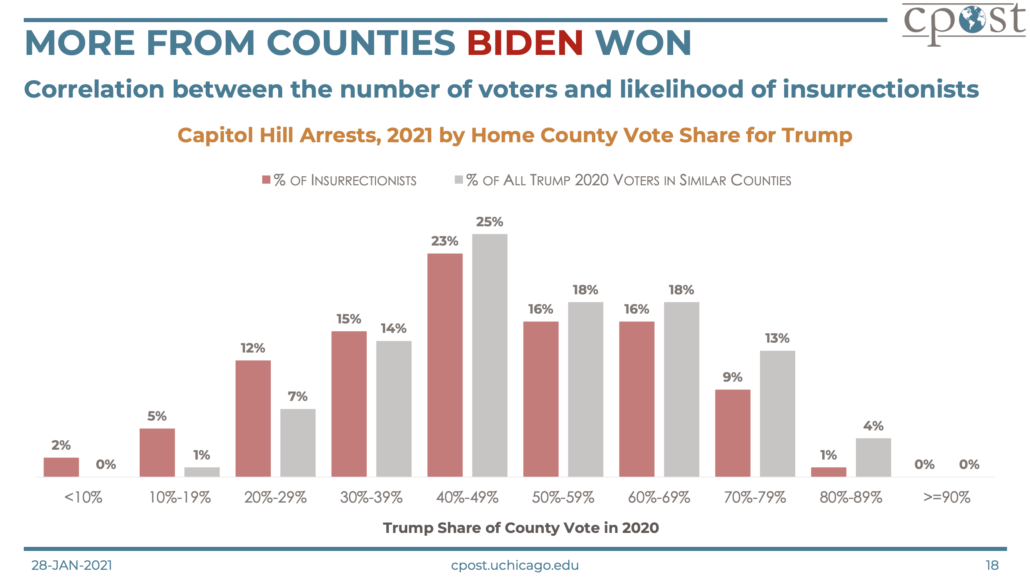Charlie Savage’s Obfuscations in the Service of Claiming Julian Assange Is a Journalist
Everyone is fighting for press freedoms again, and therefore lots of people are misrepresenting the facts about Julian Assange’s prosecution in purported defense of press freedom again.
These are the paragraphs with which UK Judge Vanessa Baraitser distinguished what Julian Assange is accused of from what “ordinary investigative journalists” entitled to protection in the UK or European Union do.
99. As part of his assistance to Ms. Manning, [Assange] agreed to use the rainbow tools, which he had for the purpose of cracking Microsoft password hashes, to decipher an alphanumeric code she had given him. The code was to an encrypted password hash stored on a Department of Defence computer connected to the SIPRNet. It is alleged that had they succeeded, Ms. Manning might have been able to log on to computers connected to the network under a username that did not belong to her. This is the conduct which most obviously demonstrates Mr. Assange’s complicity in Ms. Manning’s theft of the information, and separates his activity from that of the ordinary investigative journalist.
100. At the same time as these communications, it is alleged, he was encouraging others to hack into computers to obtain information. This activity does not form part of the “Manning” allegations but it took place at exactly the same time and supports the case that Mr. Assange was engaged in a wider scheme, to work with computer hackers and whistle blowers to obtain information for Wikileaks. Ms. Manning was aware of his work with these hacking groups as Mr. Assange messaged her several times about it. For example, it is alleged that, on 5 March 2010 Mr. Assange told Ms. Manning that he had received stolen banking documents from a source (Teenager); on 10 March 2010, Mr. Assange told Ms. Manning that he had given an “intel source” a “list of things we wanted” and the source had provided four months of recordings of all phones in the Parliament of the government of NATO country-1; and, on 17 March 2010, Mr. Assange told Ms. Manning that he used the unauthorised access given to him by a source, to access a government website of NATO country-1 used to track police vehicles. His agreement with Ms. Manning, to decipher the alphanumeric code she gave him, took place on 8 March 2010, in the midst of his efforts to obtain, and to recruit others to obtain, information through computer hacking.
101. Mr. Assange, it is alleged, had been engaged in recruiting others to obtain information for him for some time. For example, in August 2009 he spoke to an audience of hackers at a “Hacking at Random” conference and told them that unless they were a serving member of the US military they would have no legal liability for stealing classified information and giving it to Wikileaks. At the same conference he told the audience that there was a small vulnerability within the US Congress document distribution system stating, “this is what any one of you would find if you were actually looking”. In October 2009 also to an audience of hackers at the “Hack in the Box Security Conference” he told the audience, “I was a famous teenage hacker in Australia, and I’ve been reading generals’ emails since I was 17” and referred to the Wikileaks list of “flags” that it wanted captured. After Ms. Manning made her disclosures to him he continued to encourage people to take information. For example, in December 2013 he attended a Chaos computer club conference and told the audience to join the CIA in order to steal information stating “I’m not saying don’t join the CIA; no, go and join the CIA. Go in there, go into the ballpark and get the ball and bring it out”.
Assange is not an “ordinary investigative journalist,” according to the judge who ruled that his extradition would not violate journalistic protections, because he allegedly:
- Tried to help Manning hack a password
- Solicited hacks of Iceland
- Identified a vulnerability in a US server and encouraged people to use it
- In a speech invoking WikiLeaks’ role in helping Edward Snowden to flee to what ended up being Russia, allegedly encouraged people to join the CIA with the express intent of stealing files from it
A key point for Baraitser is this was all happening at the same time, Assange was allegedly soliciting hacks in Iceland even as he attempted to help Manning crack a password, and Manning knew about the other hacking.
Charlie Savage mentions none of this in a story explaining that Julian Assange’s extradition and prosecution, “raised the specter of prosecuting reporters.” He doesn’t even mention the second superseding indictment at all, the one that lays out (among other things) the allegation that Assange entered in a conspiracy to hack Stratfor, a hack that at least six people on both sides of the Atlantic already did time for.
But the specter of prosecuting reporters returned in 2019, when the department under Attorney General William P. Barr expanded a hacking conspiracy indictment of Julian Assange, the WikiLeaks founder, to treat his journalistic-style acts of soliciting and publishing classified information as crimes.
From there, Charlie tells a narrative that WikiLeaks has been pushing as part of Assange’s extradition defense, a claim that because DOJ Public Affairs head Matthew Miller said, in November 2013, that DOJ could not distinguish Julian Assange from what the NYT does, that means that the Obama Administration continued to face that challenge for the remaining three years of the Obama Administration, long after Miller left, and right through the time WikiLeaks played a key role in a Russian intelligence-led attack on American democracy. As Charlie presents it — citing no sources or public records, and I asked him if he was relying on any and he didn’t respond — the decision to prosecute Julian Assange arose not so much from a subsequent investigation that came to distinguish Assange’s actions from those of journalists, but instead because the Trump Administration “was undeterred” about the prospect of damaging “mainstream news outlets.”
Obama-era officials had weighed charging Mr. Assange for publishing leaked military and diplomatic files, but worried about establishing a precedent that could damage mainstream news outlets that sometimes publish government secrets, like The Times. The Trump administration, however, was undeterred by that prospect.
For now, the First Amendment issues are on hold as Mr. Assange fights extradition from Britain. Soon after the Biden administration took office, the Justice Department pressed forward with that extradition effort in British court, leaving the charges in place.
But that was before Mr. Garland was sworn in — and before the latest uproar about the escalating aggression of the Justice Department’s leak investigation tactics prompted him to focus on drafting a new approach that, he testified, will be “the most protective of journalists’ ability to do their jobs in history.”
It’s Trump’s doing, not the result of further investigation, Charlie reports, as news.
The WikiLeaks narrative that Charlie repeats unquestioningly is inconsistent with an April 2017 report — one Assange’s journalism professor expert witness claims to have been unable to find with the magic of Google — that what came to distinguish Assange from other journalists was his role in helping Edward Snowden.
The US view of WikiLeaks and Assange began to change after investigators found what they believe was proof that WikiLeaks played an active role in helping Edward Snowden, a former NSA analyst, disclose a massive cache of classified documents.
We now know, four years later, that not just DOJ but even “mainstream news outlets” considered what WikiLeaks did to help Snowden something other than journalism.
Bart Gellman’s book (which was published before the most recent superseding indictment) not only lays out how WaPo’s lawyers told Gellman that he and Laura Poitras could not safely, under the law, play the role (which is referenced in the superseding indictment against Assange that Charlie doesn’t mention) that WikiLeaks would end up playing, helping Snowden get asylum in what ended up be an adversarial nation. Gellman even cites communications he and Poitras sent to Snowden in real time explaining that taking steps to help Snowden get asylum in what might be, and as it happens turned out to be, a hostile country was not journalism.
We had lawyered up and it showed. “You were clear with me and I want to be equally clear with you,” I wrote. “There are a number of unwarranted assumptions in your email. My intentions and objectives are purely journalistic, and I will not tie them or time them to any other goal.” I was working hard and intended to publish, but “I cannot give you the bottom line you want.”
Poitras wrote to him separately.
There have been several developments since Monday (e.g., your decision to leave the country, your choice of location, possible intentions re asylum), that have come as a surprise and make [it] necessary to be clear. As B explained, our intentions and objectives are journalistic. I believe you know my interest and commitment to this subject. B’s work on the topic speaks for itself. I cannot travel to interview you in person. However, I do have questions if you are still willing to answer them. [my emphasis]
In other words, WaPo’s own lawyers made it clear that helping an intelligence source obtain asylum in another country is not journalism and might, instead, be viewed by the US government as abetting espionage.
Given Charlie’s focus on the transition from the Trump to Biden Administration, there’s something else glaringly absent from his story: the official record on the government response to WikiLeaks’ role in the 2016 election attack. Admittedly, great swaths of that discussion remain redacted (which suggests there’s stuff we may not know), but the Senate Intelligence Committee’s report the Obama Administration’s response to the 2016 Russian interference campaign discussed how part of that process involved “develop[ing] a complete understanding of WikiLeaks.”
The executive branch struggled to develop a complete understanding of WikiLeaks. Some officials viewed WikiLeaks as a legitimate news outlet, while others viewed WikiLeaks as a hostile organization acting intentionally and deliberately to undermine U.S. or allies’ interests.
In other words, in 2016 — three years after the Miller quote that WikiLeaks has trained obedient journalists to parrot unquestioningly — the government came to some new “complete” understanding of WikiLeaks. One of the most important players in this process was then White House Homeland Security Advisor, Lisa Monaco. Her interview with the committee is cited repeatedly in the unredacted passages of the report.
Admittedly, Monaco’s views on how or whether her own understanding of WikiLeaks changed as part of that process do not appear in the report. The SSCI report redacts what those Obama officials came to understand about WikiLeaks in the waning days of the Obama Administration. But, in a story presented as “news,” it seems important to consider how that process might influence Monaco’s understanding of the case against Assange, given that one of the last things she did when last in government was struggle to respond to an attack on American democracy in part because the government treated WikiLeaks as a journalistic outlet for far too long during the attack. Whatever she believes, Monaco knows far more than Matthew Miller, or us, for that matter. We might not agree with her thus far non-public understanding of WikiLeaks, but even the four year old understanding of WikiLeaks she brought to her position as Deputy Attorney General surely will have a bigger influence on DOJ’s decisions about Assange going forward than what the Public Affairs guy said eight years ago.
It’s not that I disagree that some of the charges against Assange — particularly for publishing the names of US and Coalition informants — present a dangerous precedent. They do, and those risks are important to talk about, accurately and honestly. On that note, though, it’s again worthwhile to see how Baraitser distinguishes Assange (note, the circumstances of the release of the informant names is the area where Assange presented the most evidence to challenge the government’s evidence).
The defence submits that, by disclosing Ms. Manning’s materials, Mr. Assange was acting within the parameters of responsible journalism. The difficulty with this argument is that it vests in Mr. Assange the right to make the decision to sacrifice the safety of these few individuals, knowing nothing of their circumstances or the dangers they faced, in the name of free speech. In the modern digital age, vast amounts of information can be indiscriminately disclosed to a global audience, almost instantly, by anyone with access to a computer and an internet connection. Unlike the traditional press, those who choose to use the internet to disclose sensitive information in this way are not bound by a professional code or ethical journalistic duty or practice. Those who post information on the internet have no obligation to act responsibly or to exercise judgment in their decisions. In the modern era, where “dumps” of vast amounts of data onto the internet can be carried out by almost anyone, it is difficult to see how a concept of “responsible journalism” can sensibly be applied.
[snip]
Free speech does not comprise a ‘trump card’ even where matters of serious public concern are disclosed (see Stoll above), and it does not provide an unfettered right for some, like Mr. Assange, to decide the fate of others, on the basis of their partially informed assessment of the risks.
[snip]
The New York Times published the following condemnation on 25 July 2012:
“The Times and the other news organizations agreed at the outset that we would not disclose —either in our articles or any of our online supplementary material — anything that was likely to put lives at risk or jeopardize military or antiterrorist operations. We have, for example, withheld any names of operatives in the field and informants cited in the reports. We have avoided anything that might compromise American or allied intelligence-gathering methods such as communications intercepts. We have not linked to the archives of raw material. At the request of the White House, The Times also urged WikiLeaks to withhold any harmful material from its Web site.”
This is a distinctly European decision. That’s true because in Europe, unlike the US, such protections are tied to being a journalist. Plus Baraitser argued that under EU law, Assange’s release violated privacy protections that simply don’t exist in the US. Mind you, it’s one thing to say the NYT won’t publish details that might endanger military operations and another thing to say such revelations shouldn’t be protected by the First Amendment. Even if WikiLeaks is a “hostile organization acting intentionally and deliberately to undermine U.S. or allies’ interests,” (as SSCI described), that should not, itself, surpass the First Amendment consideration.
But it underscores the point. There are First Amendment problems with the publication charges and, to a lesser extent, the other Manning-focused ones. But Assange actually wouldn’t be the first person extradited from the UK significantly for publication activities, the same thing happened to Minh Quang Pham for the few months he spent as AQAP’s graphic designer. That precedent has not only gone virtually unnoticed, but did little to harm the press freedom of others in the US. Not only are the First Amendment risks of Assange’s prosecution not tied to whether or not Assange is a journalist, but the effort to reinvent both the history of his prosecution and what he is accused of to turn him into a journalist has led a bunch of journalists and press freedom advocates to violate the principles that are supposed to distinguish journalism.


